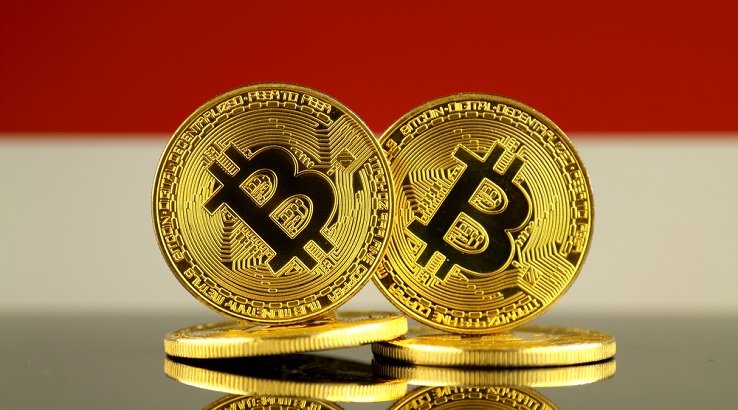The Wind Of Change Reached The Indonesian Crypto industry. Does It Bring The Bright Future?

Indonesia is a country in Southeast Asia, located on the islands of the Malay Archipelago and the western part of New Guinea Island, with an agrarian-industrial economy. In terms of national competitiveness in 2010, it ranked 44th in the world and rests here mainly due to oil sales on the world market. The most important exported goods for the economy of Indonesia are natural rubber, wood and its products. In addition, Indonesia exports products of equatorial agriculture which are very popular in the world market. Almost 70% of workers are engaged in the production of agricultural raw materials (food and textiles). Indonesia is the 5th largest economy in the Asia-Pacific region and the 4th largest country in the world.
Important facts about the economy of Indonesia:
- Annual inflation decreased from 6.4% in 2015 to 3.5% in 2016.
- Indonesia exported 59.5% of total manufactured goods to the Asia-Pacific region in 2016.
- The volume of GDP in 2012 amounted to $1.212 trln and became 16th in the world and 1st in the Southeast Asia.
The milestones in the development of the Indonesian crypto industry
The high-profile event of 2017 was the cryptocurrency ban by the Central Bank of Indonesia. Agus MARTOWARDOJO, the chairman of the Central Bank, noted that the use of cryptocurrency violates Law No. 7/2011, which states that only Indonesian rupee can be means of payment and exchange in the country. However, after this statement, a series of meetings were held to develop guidelines for regulating the digital asset market.
The wind of change has reached Indonesia
On February 15, 2019, Indonesia finally decided upon the legal status of cryptocurrency, recognizing it as... commodities. Bappebti, the Indonesian Commodity Futures Trading Supervisory Agency, operating under the Ministry of Trade of Indonesia, issued Resolution No. 5/2019, which legalized the trading of digital currencies. The document clearly states the guidelines on the work of cryptocurrency exchanges.
The regulatory framework also contains requirements for the operations of trading platforms. In particular, cryptocurrency exchanges must meet the needs of information security experts, namely, they must carry out risk assessment, combat money laundering and terrorism financing. In addition, they are required to keep transactions data for five years. Another prerequisite is the presence of an office and servers based in Indonesia.
The head of Bappebti Indrasari Wisnu WARDHANA stated that the regulations have been put in place to provide legal certainty to the crypto futures sector, as well to protect consumers and investors.
It is noteworthy that for 4 years, representatives of the Central Bank of Indonesia didn’t accept cryptocurrency as the means of payment or legal tender at all. Currently, the Bitcoin market in Indonesia is less than 1% of the global cryptocurrency market. There are only two Indonesian trading platforms selling Bitcoin only at a fixed price.
Image courtesy of Finder.com